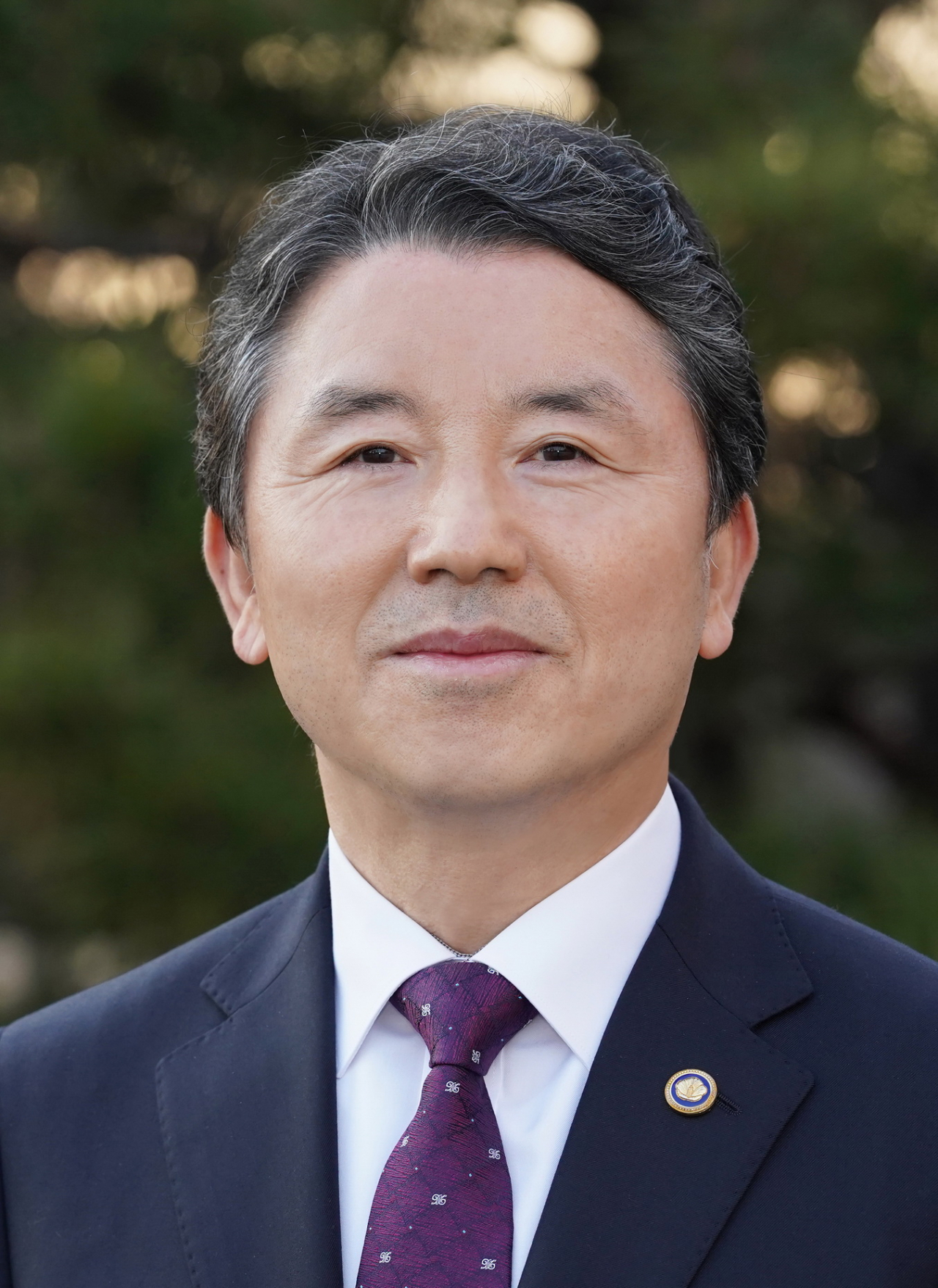
Desertification is a global issue affecting 75 percent of the Earth's land area, with projections indicating that over 90 percent of the land will be degraded by 2050. Asia's desertification rate exceeds that of Africa, with Mongolia and China experiencing significant impacts. Desertification in these countries leads to sand and dust storms, affecting neighboring regions like the Korean Peninsula. These storms pose health risks and contribute to abnormal weather patterns. Human activities, particularly deforestation for agriculture and palm oil production, are the primary causes of desertification, creating a vicious cycle of environmental degradation. To address this challenge, Minister Nam Sung-hyun emphasizes the importance of reforestation and forest management. The Republic of Korea has successfully restored barren land through reforestation and aims to cultivate healthier and more resilient forests using advanced techniques. Forests not only play a vital role in preventing desertification but also serve as carbon sinks and nature-based solutions to climate change. The Korea Forest Service has been actively involved in afforestation projects in arid countries, demonstrating the positive impact of tree planting on desertification prevention and local livelihoods. Through international cooperation and sharing its afforestation experience and technology, Korea aims to be a driving force in creating healthy land and ecosystems globally.
